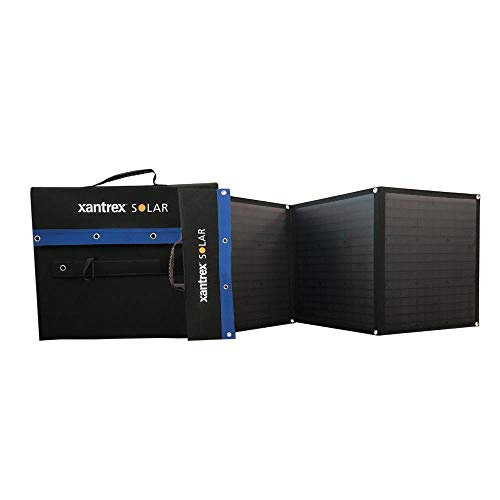Doubleone said:Hey Vagabound, Several things came to mind when I read your symptoms. I'm a former ASE Master Auto tech but without benefit of laying hands-on to diagnose I'm just sharing my raw thoughts... and my thoughts plus $1.65 will buy you a cup of coffee, as long as you don't forget your $1.65.
...
Hi Doubleone,
Thanks for taking the time to provide so much good information on my mechanical challenges du jour. A lot to chew on there.
I was glad to hear you say that you think it isn't the fuel pump. All of the work and diagnostics that I've done to this point bring me to the same conclusion. Despite that, I've replaced the fuel filter, fuel pressure regulator, and engine coolant temperature sensor all in the last month or so. Symptoms persist.
As I home in on the cause of my "hard starting" problem, I'm beginning to suspect some involvement of my electrical system. To be clear, the truck starts nearly ever single time. The problem is that it drags or takes longer to start sometimes. Never when cold. Always when hot. However, I've come to look at "hot" another way. Hot can also be another way of saying "successive", meaning, second or third start in a row. For example, start easily once when cold, short trip, stop, start again within 30 minutes, but not so easily that time, etc. What I've noticed is that on the second or third start in a short time, the battery begins to act like it's worn down, struggling, not totally up to the task. Very seldom, I've even wondered if, on a third successive start, it was going to start at all ... but it always has ... eventually.
An interesting part of this mechanical mystery is that I've had the battery, starter, and alternator tested twice in the last six months. Both times all components were fine. A few days ago, I tested the battery myself with a multimeter. Roughly 12.6v when engine is off, and 14.5v or so when the engine is running. That supposedly is exactly what it should be. And this battery has 850 cold cranking amps or thereabouts.
Then, I was fortunate enough to have someone share the following article with me regarding voltage drops. I have yet to use it, but it seems quite similar to my situation:
http://www.aa1car.com/library/voltage_drop_testing.htm
Any experience with or thoughts about that?
Tom




























































